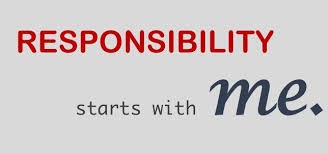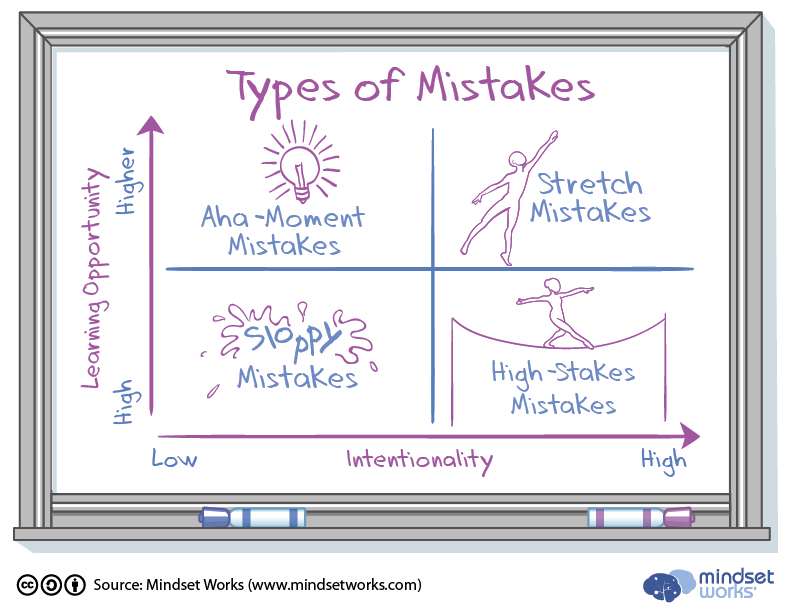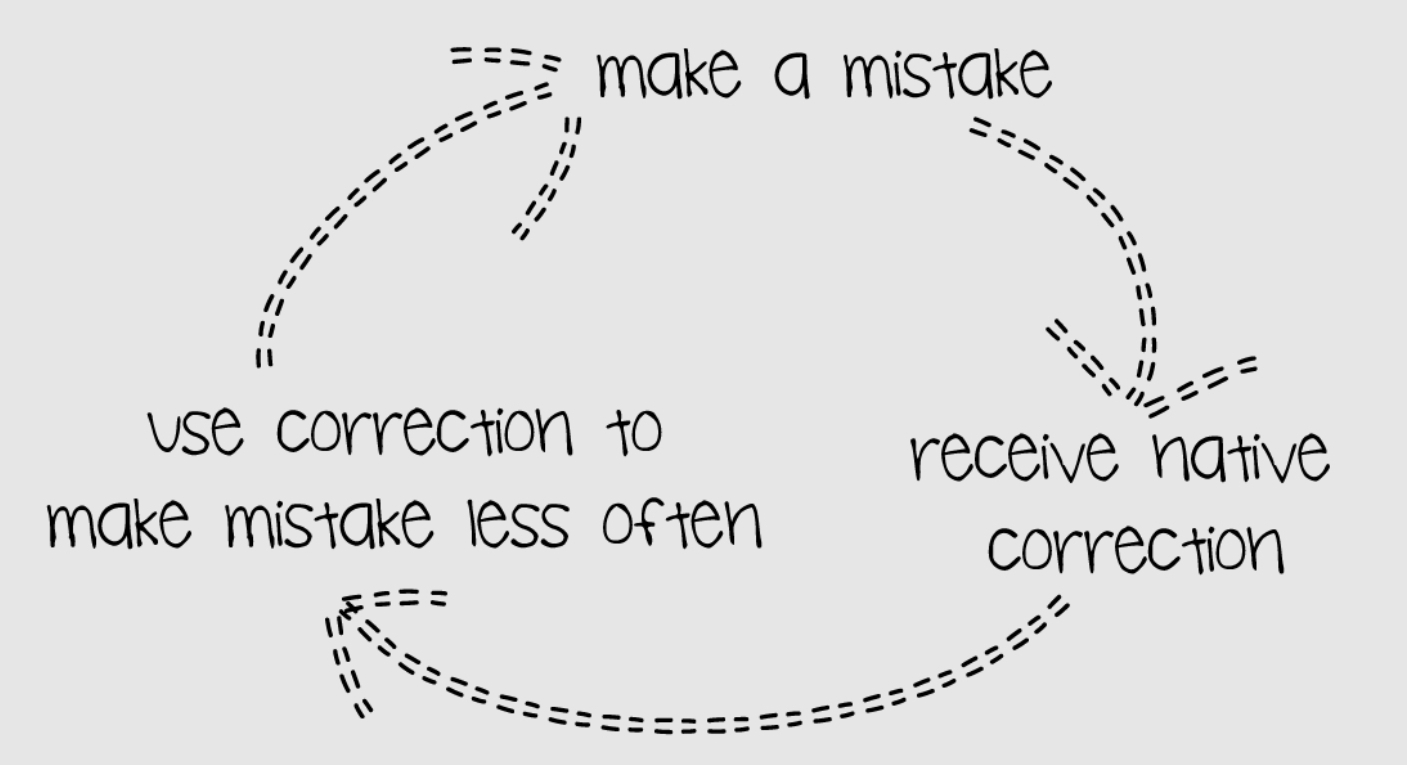Addressing Career Mistakes/Errors Efficiently: A Guide for Resilience and Growth at the Workplace
A Guide for Growth and Resilience at the Workplace
Note: Though the words “mistake” and “error” are dissimilar, the word “mistake” is used throughout this article to mean any one of them.
Introduction
In the professional world, making mistakes is inevitable. Whether you're an employee, a manager, or a businessperson, it's important to understand that what truly matters is how you address and learn from mistakes, not their consequences. By adopting an efficient and proactive approach to handling career mistakes, you can turn them into valuable learning opportunities, strengthen workplace relationships, and pave the way for career success. In this blog article, we will explore some effective strategies for addressing professional mistakes efficiently for career growth and resilience.
Outline:
Introduction
- Acknowledge Mistakes and Take Responsibility
- Analyze and Understand the Mistake
- Seek Feedback and Guidance
- Develop an Action Plan for Resolution
- Implement Solutions and Monitor Progress
- Learn and Grow
Conclusion
1. Acknowledge Mistakes and Take Responsibility

The first step in addressing professional mistakes efficiently is acknowledging them and taking responsibility for them. Owning up to one’s mistakes demonstrates maturity, professionalism, and accountability. Instead of pointing fingers or making excuses, embrace your mistakes as an opportunity for growth. When you realize that you've made a mistake, promptly inform all parties involved, whether it's your colleagues, clients, or superiors. By displaying honesty and transparency, you foster an environment of trust and enable others to support you through the resolution process. You may feel that exposing your mistakes weakens your image or position, but in reality it strengthens it.
2. Analyze and Understand the Mistake

Once you acknowledge the mistake, it's crucial to understand why it happened. This requires a thorough and objective analysis of the situation, including examining any contributing factors and evaluating your own actions or decisions. By delving into the root causes of the mistake, you can identify the areas where improvement is needed and develop strategies to avoid similar mistakes in the future, thereby implementing sustainable solutions.
3. Seek Feedback and Guidance

Addressing career mistakes efficiently requires seeking feedback and guidance from those impacted by the mistake. Reach out to individuals involved, whether it's your supervisor, colleagues, or clients, to understand their perspectives and to gather insights. This collaborative approach allows you to better comprehend the breadth of the consequences of your mistake and to learn from the perspectives of others. In doing so, you will circumvent the mistakes effectively.
Be open to constructive criticism and use it as a lever to learn and grow. Feedback may not always be easy to hear, but it is an invaluable tool for self-improvement. Embrace it with a growth mindset, recognizing that mistakes are opportunities for personal and professional development.
4. Develop an Action Plan for Resolution

Once you have a clear understanding of the mistake and its underlying causes, it's time to formulate an action plan. This plan should outline specific steps you'll take to rectify the mistake and prevent it from happening again. Break down the resolution process into manageable chunks and set realistic deadlines to ensure steady progress.
If necessary, seek guidance from your superiors, mentors, or colleagues to help you create an effective action plan. Their insight and experience can provide additional perspectives and offer valuable suggestions for improvement.
5. Implement Solutions and Monitor Progress

Execute your action plan diligently and monitor your progress closely. Take proactive steps to rectify the mistake and address any potential consequences. Communicate transparently with stakeholders throughout the process to keep them informed about your resolution efforts. Timely and transparent communication maintains trust, prevents misunderstandings and ensures everyone is on the same page during the mistake-resolution process.
Additionally, establish checkpoints and review your progress regularly to ensure that you're on track and making required changes. Use this opportunity to reflect on what you've learned from the mistake and how to apply it to your subsequent work processes. Put safeguards in place to prevent the recurrence of the mistake.
6. Learn and Grow

Remember that mistakes are learning opportunities and their resolutions are growing opportunities. Once you've addressed and resolved the mistake, it's important to integrate the learned lessons into your career growth. Incorporate these new strategies and insights into your ongoing development and decision-making processes.
Conclusion

Addressing career and workplace mistakes efficiently is a crucial skill in any professional setting. By acknowledging responsibility, analyzing the mistake, seeking feedback, developing an action plan, implementing solutions, and continuously learning and growing, you'll transform setbacks that seem career-crushing into stepping stones for long-term success. Remember, even the most successful individuals and organizations experience mistakes, but it's how they address them and learn from them that sets them apart from the lot. Embrace mistakes as catalysts for growth and don’t dwell on them, and you'll pave the way to becoming a more resilient and effective professional.
